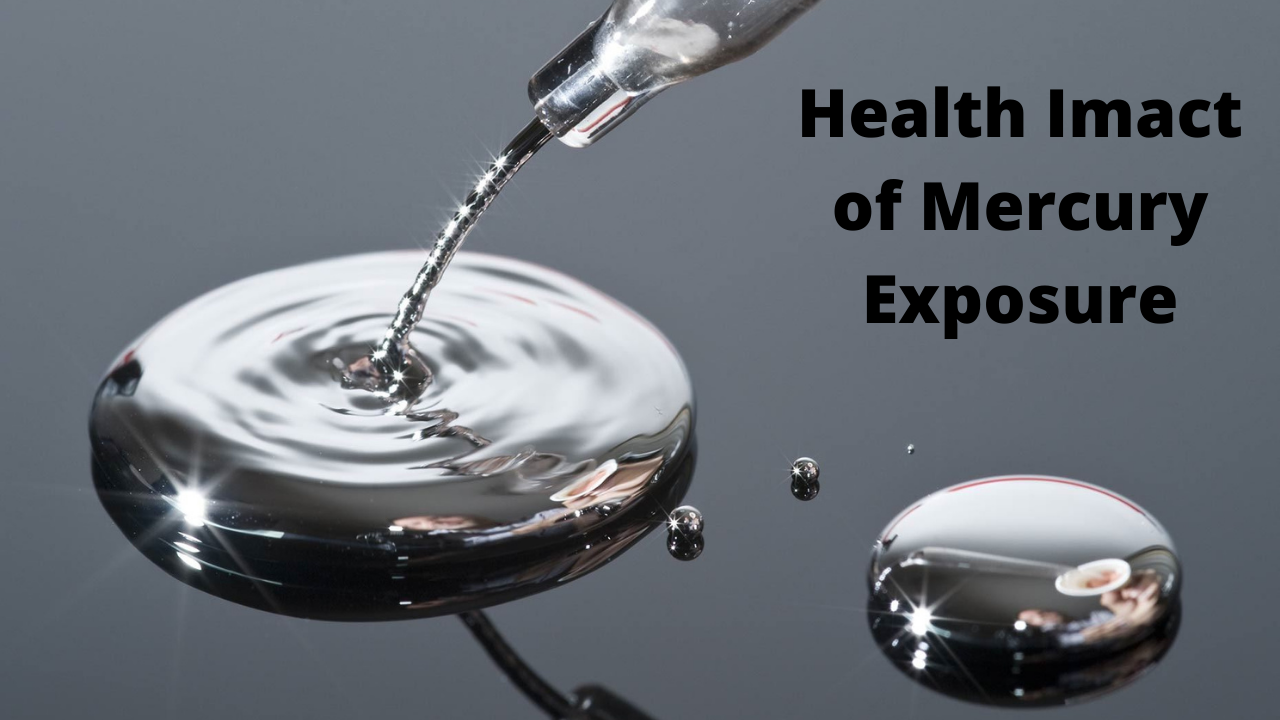Heavy metals are found in many products that we use daily, such as cosmetics, detergents, and even in some food. While most people are not exposed to enough heavy metals to experience adverse health effects, some people are more vulnerable to the impact of heavy metal poisoning. And this can lead to many serious health problems.
Table of Contents
What Are Heavy Metals?
Some heavy metals are found in nature, while others are created by human activity. Natural sources of heavy metals include minerals in the earth’s crust, volcanoes, and forest fires. Human activities that release heavy metals into the environment include mining, smelting, refining metals, coal-fired power plants, and incineration hazardous waste.
There are many sources of heavy metals, both natural and artificial. Some common sources of exposure include:
• Lead – found in old paint, plumbing, and gasoline
• Mercury – found in thermometers, dental fillings, and fluorescent light bulbs
• Cadmium – found in batteries and cigarette smoke
• Arsenic – found in pesticides and treated wood
• Chromium – found in stainless steel and chrome plating
• Copper – found in plumbing and electrical wiring
• Zinc – found in galvanized steel and coins
• Nickel – found in jewelry and stainless steel
What Are the Causes and Risk Factors for Heavy Metal Poisoning?
Heavy metal poisoning is a condition that occurs when someone is exposed to too much heavy metal, such as lead, mercury, or arsenic. The exposure can be through food, water, air, or skin.
There are many different causes of heavy metal poisoning. Some people are exposed to heavy metals at work, such as mining or manufacturing. Others may be exposed to heavy metals in the environment, such as lead paint or contaminated water. Some people deliberately consume heavy metals, such as in traditional medicines.
Certain groups of people are more likely to experience heavy metal poisoning. Infants and children are more vulnerable because their bodies are still growing.
What Are the Dangers of Heavy Metal Poisoning?
Heavy metal poisoning is a severe and potentially fatal condition caused by exposure to heavy metals. Once heavy metals are inside the body, they can build up in organs and tissues, causing damage and illness.
The most common symptoms of heavy metal poisoning include gastrointestinal problems, such as nausea and vomiting; neurological problems, such as weakness, paralysis, and seizures; and kidney damage. In severe cases, heavy metal poisoning can lead to coma and death.
What Are Signs That You Have Heavy Metal Poisoning?
Lead, mercury, arsenic, and cadmium are the most common heavy metals that can cause poisoning. Heavy metal poisoning can occur through inhalation, ingestion, or skin contact.
Symptoms of heavy metal poisoning can vary depending on the heavy metal involved but may include abdominal pain, diarrhea, headaches, kidney damage, and neurological problems. If you suspect you have been exposed to heavy metal, it is essential to seek medical attention immediately.
Final Thoughts
Although heavy metal poisoning is a serious issue, it is essential to remember that it is also preventable. There are many ways to limit your exposure to heavy metals.
While our bodies are designed to process and eliminate these toxins, too much exposure can overwhelm our body’s natural detoxification. It’s important to understand the necessity of detoxifying your body. And one way to detoxify is through zeolites.
If you are looking for the best effective zeolite supplement, Zeolite For Detox got you covered. We offer products that help you detoxify and improve your overall health. Browse for more of our products today!
Recent Posts
Revitalize your health with an innovative detox approach offered by Root Wellness. This powerful solution enhances wellness through natural ingredients like zeolite and silica, effectively cleansing...
Roots Clean Slate Erfahrungen Revitalize With Bioavailable Silicon
Revitalizing your health begins with a natural approach to removing harmful substances. Detoxification can pave the way for a more vibrant life through effective cleansing methods. Bioavailable...


